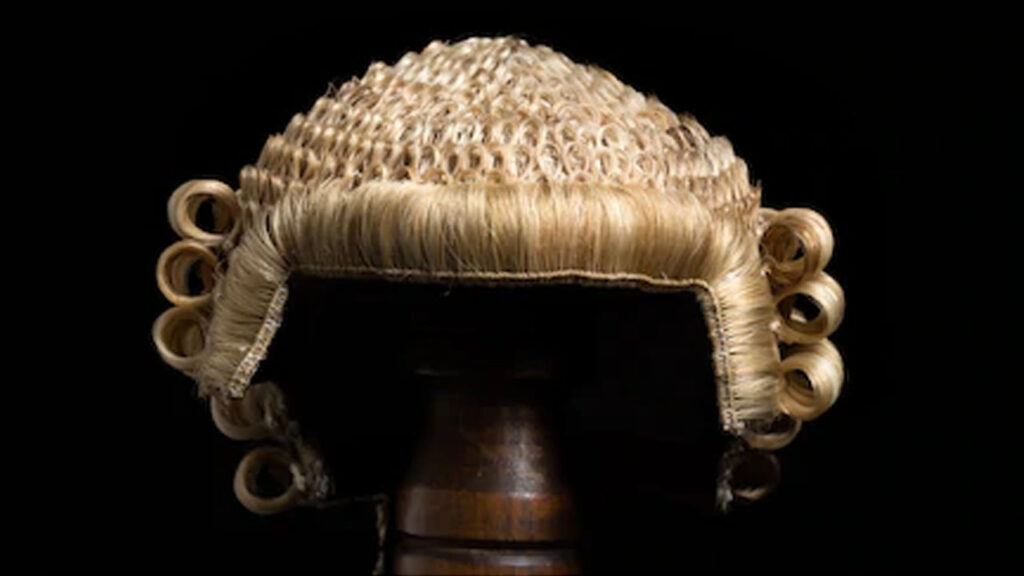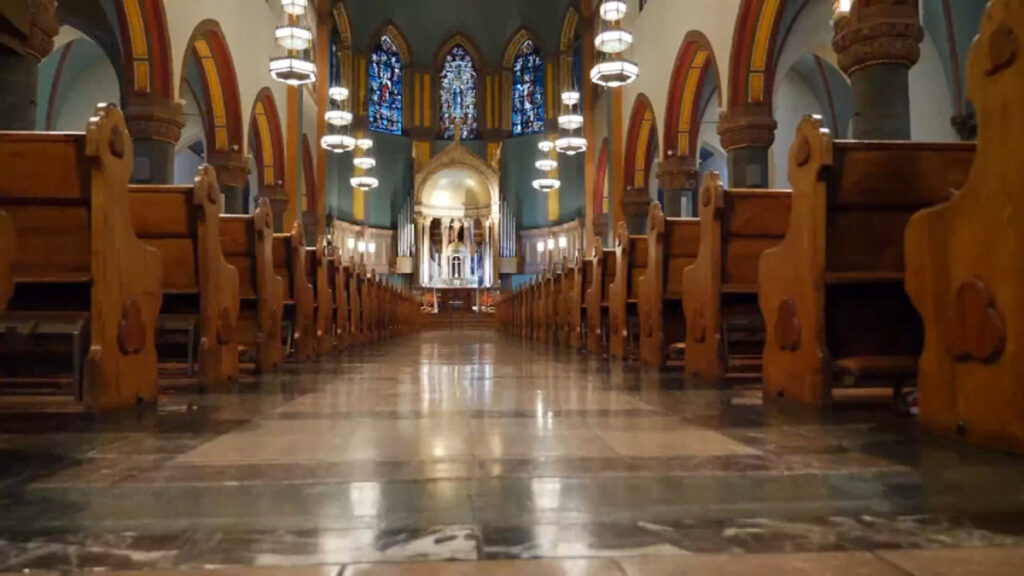SIR: In December 2018, the Edo State Government took a bold step to address the menace of secret cults by passing a bill to repeal and re-enact the law prohibiting their existence, membership, and activities. The move came after a protracted war between rival cult groups left several people dead in the metropolis.
The law prescribes a 21-year jail term for secret cult members and seven-year imprisonment for anyone who harbours a cultist. It also empowers the police to arrest suspected cultists without a warrant and ensures that all offences under the law are tried summarily.
The passage of the 11-section Bill followed the suspension of House rules 20,27,42,43,44,45,46,47,48 and 49. The set objective of summary trials by the then House of Assembly was to ensure that justice is delivered swiftly, without compromising on the principles of natural justice and fair trial. This was also to ensure that only offences of certain gravity are tried summarily, and cases with higher potential punishments are dealt with through regular trials. Summary trials are appropriate in cases where the court can determine the facts of the case through written documents only and there is no need to fully present evidence through the testimony and cross-examination of witnesses. An application strike is a “chamber’s proceedings.”
In July 2023, the Chief of Staff to the governor, Osaigbovo Iyoha, reassured the people that the government would flush out cultism and cult-related activities in the state. Iyoha, while reacting to viral audio attacks on him and the clampdown on suspected cultists in their hideouts, said with support from security agencies, cultism would become history in the state, adding that the strategy being deployed would be extended to tertiary institutions in the state. He added that the government cannot be intimidated or blackmailed. However, between July and December 2023, the governor declared that no fewer than 135 lives were lost to cult-related activities, and again in the first half of 2024, he said, over 150 deaths were recorded. This seriously created doubt on whether the government was ready to face the menace.
Many observed that, despite the passage of the law, implementation has been lax, and some top security operatives and government officials have been fingered to be members of cult groups, obstructing justice and freeing apprehended cult members. And now after the huge loss, Governor Godwin Obaseki has declared a total war against cultism where he set up a special task force headed by the Director of State Security Service (SSS) to review every cult-related incident.
The governor disclosed that what is particularly worrisome about cultism is the related homicide that goes with cult-related activities. From January to date, according to him, we have lost over 150 people to cult-related activities and homicide. While the killings are yet far from over, Obaseki after declaring war on killer cultists, must not wait another year to act in the position of government.
With the new Secret Cult Prohibition Law of Edo State, any student or public officer who is involved in a secret cult by way of membership, initiation, behaviour, identification marks, regalia, etc, assaults, uses threats, or threatens to use actual violence on anybody or property in promotion of secret cult within the state is guilty of an offence and liable to 21 years imprisonment. The law also stated that any person who directly or indirectly assists, permits, promotes, or helps secret cults in getting members, retaining its existence, or any other activities; And/or any person who knowingly provides housing, shelters, or quarters to any member of a secret cult, is guilty of a felony and is liable to five-year imprisonment.
Eben Enasco.












